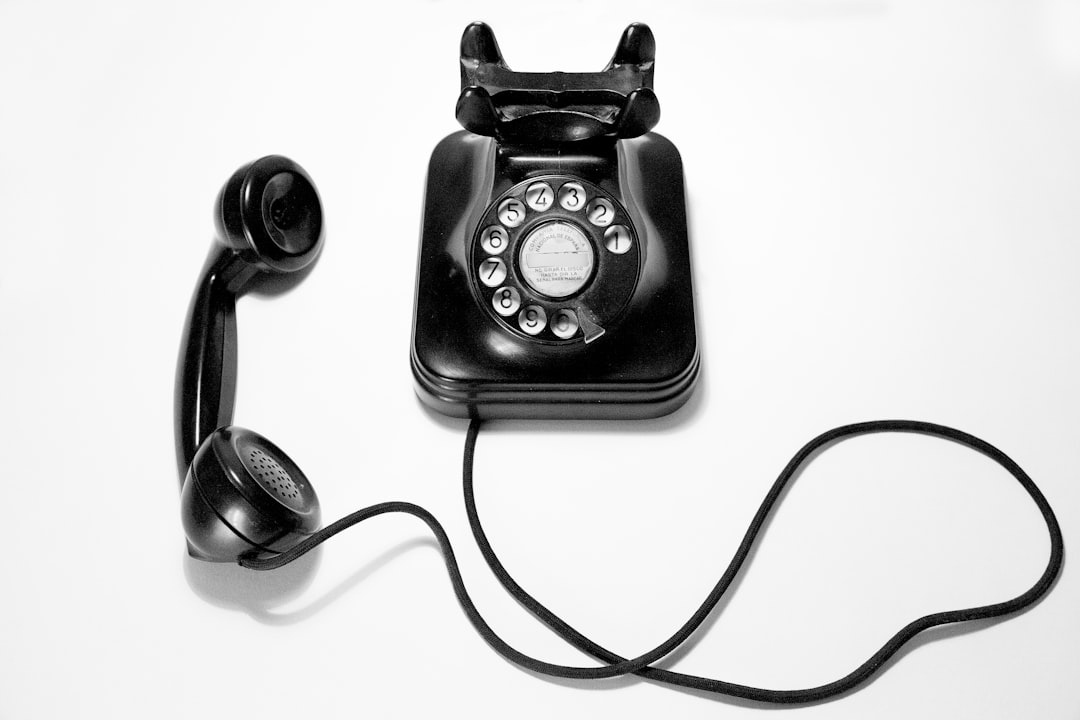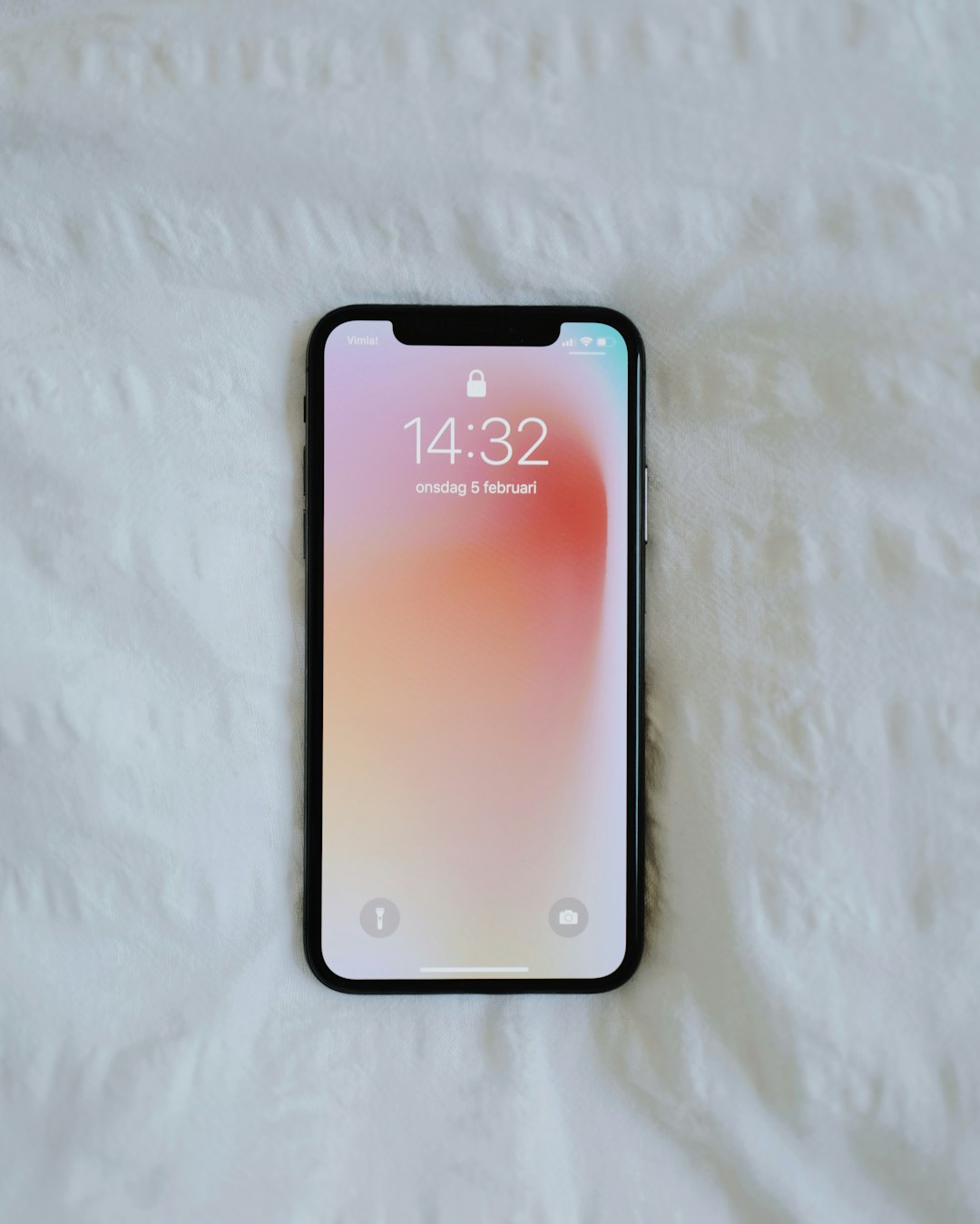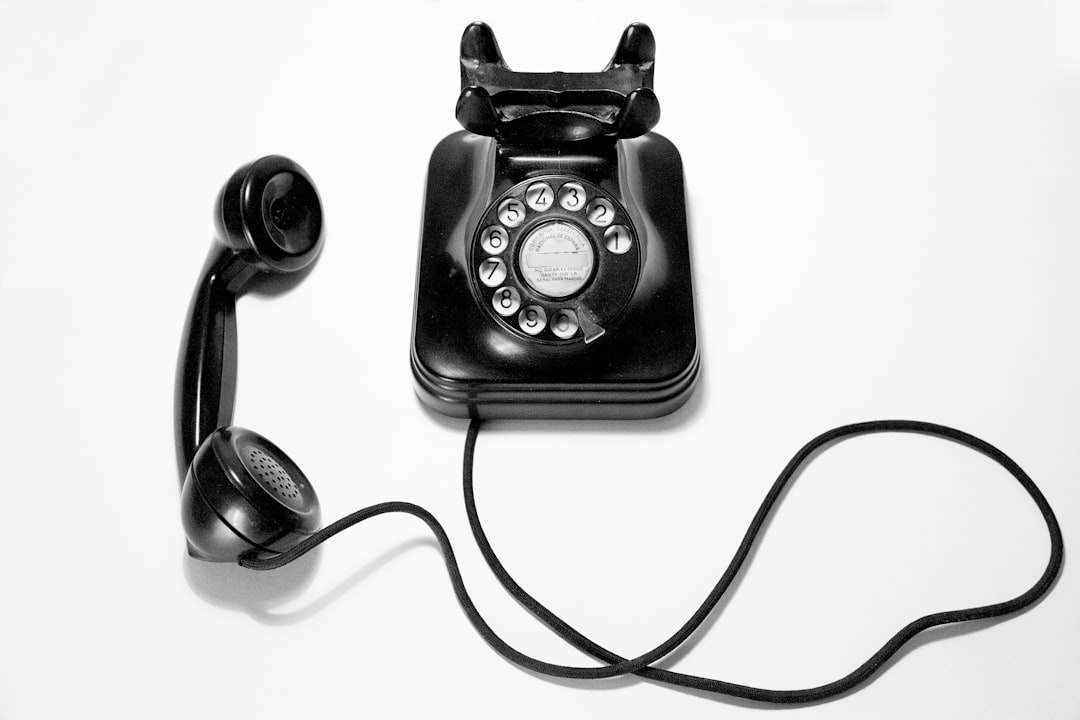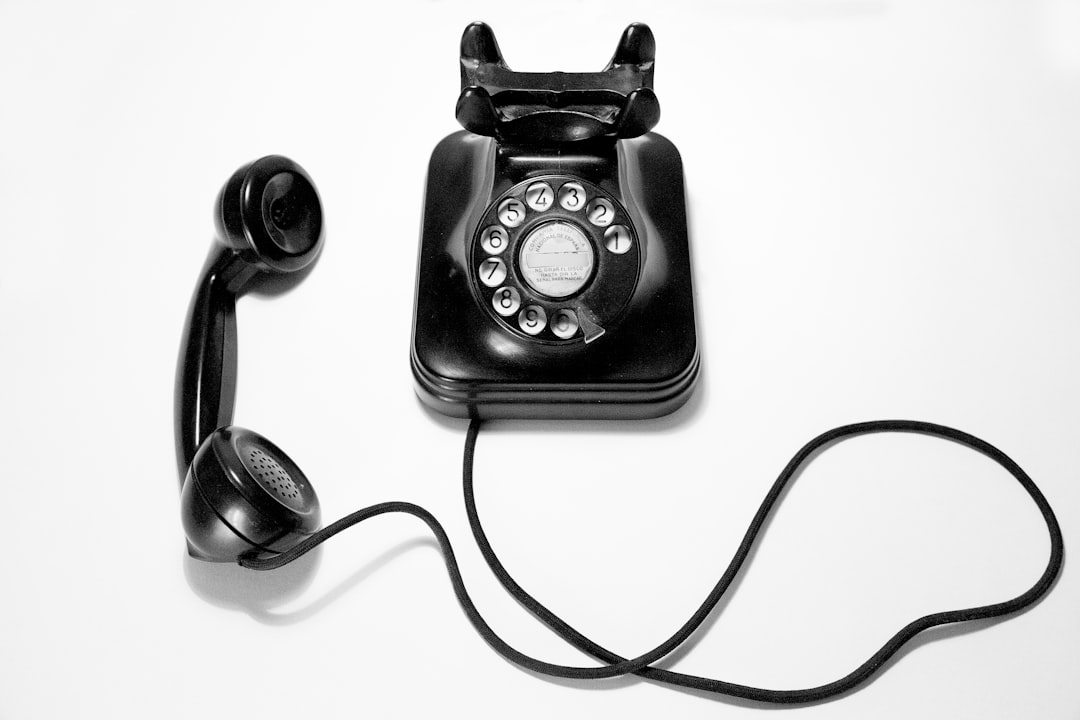The Telephone Consumer Protection Act (TCPA) regulates autodialers in New Jersey, protecting consumers from unwanted automated calls. Businesses must obtain prior express consent for marketing or telemarketing using autodialers and adhere to strict do-not-call rules. Non-compliance incurs significant penalties. An experienced autodialer attorney is crucial for navigating these legalities, ensuring compliance with consumer privacy, do-not-call lists, and providing opt-out options. Choosing the right lawyer, well-versed in telemarketing regulations and New Jersey's stringent privacy laws, is vital for operational success and favorable case outcomes.
In the dynamic landscape of telecommunications, understanding the legalities surrounding autodialers is paramount. This comprehensive guide navigates the intricate laws and regulations of New Jersey regarding autodialing, offering businesses a clear path to compliance. From comprehending when autodialers are legally permissible to mastering telemarketing regulations, this article equips readers with essential knowledge. Additionally, it highlights the significance of choosing the right autodialer attorney in New Jersey to steer through complex legal waters, ensuring businesses stay ahead of the curve.
Understanding Autodialer Laws in New Jersey: A Comprehensive Overview

In New Jersey, the use of autodialers—automated phone dialing systems—is governed by specific legal frameworks designed to protect consumers from unwanted calls. These laws are part of a broader effort to regulate telemarketing practices and ensure privacy rights for residents. Understanding these regulations is crucial for businesses and individuals alike, especially with the widespread adoption of autodialer technology in modern marketing strategies. Engaging the services of an experienced autodialer attorney in New Jersey can provide invaluable guidance on navigating these legalities.
New Jersey law permits the use of autodialers but imposes strict guidelines. The state’s Telephone Consumer Protection Act (TCPA) restricts automated calls made to personal phones without prior express consent. This means businesses must obtain explicit permission from recipients before utilizing autodialers for marketing or telemarketing purposes. Furthermore, the TCPA outlines specific do-not-call requirements, including a provision that allows consumers to request cessation of calls within one business day. Non-compliance with these laws can result in significant financial penalties, making it essential for autodialer users to stay informed and seek legal counsel when necessary.
When is an Autodialer Legal? Exploring the Permissible Use Cases

In New Jersey, the legality of an autodialer is contingent upon its intended use and compliance with state laws. An autodialer attorney in New Jersey can help discern when this technology is permissible. Generally, autodialers are legal when used for non-commercial or internal business purposes that do not constitute harassment or invasion of privacy. For instance, companies may employ autodialers to send text messages regarding appointments, reminders, or other transactional matters.
However, using an autodialer for commercial purposes, especially without prior consent from the recipient, can be problematic. New Jersey law strictly regulates telemarketing activities, including the use of automated dialing systems. An autodialer attorney in New Jersey should be consulted to ensure compliance with regulations related to do-not-call lists, consumer privacy, and the specific permissions required for commercial messaging.
Navigating Telemarketing Regulations: Do's and Don'ts for Businesses

In New Jersey, businesses dealing with telemarketing and using autodialers must navigate a stringent legal landscape to ensure compliance. The state has strict regulations in place to protect consumers from unwanted or deceptive marketing practices. One of the key aspects is understanding when and how to use an autodialer. Businesses should avoid excessive dialing, especially during non-business hours, as this can trigger penalties. It’s crucial to have explicit consent from recipients before making automated calls, ensuring a robust opt-out mechanism is in place.
Businesses should also be mindful of the information they share and how it’s used. Protecting consumer data is paramount, so secure systems and clear privacy policies are essential. An autodialer attorney in New Jersey can provide guidance on best practices, helping businesses steer clear of legal pitfalls. Remember, compliance not only avoids legal repercussions but also builds trust with customers, fostering a positive reputation in the competitive market.
Finding the Right Autodialer Attorney in NJ: Expertise Matters

When it comes to navigating the legalities of autodialers in New Jersey, finding an expert autodialer attorney is paramount. The laws surrounding automated dialing systems can be complex and ever-evolving, making it crucial to partner with a lawyer who has extensive knowledge and experience in this specific area. Look for an attorney who regularly handles cases related to telemarketing regulations, consumer protection laws, and the Do Not Call Registry – all of which play a significant role in the use of autodialers.
In New Jersey, where privacy laws are stringent, you need an autodialer attorney who understands the unique challenges posed by this technology. They should be adept at interpreting state-specific regulations, ensuring compliance, and defending your rights or interests if any legal issues arise. Expertise matters when selecting a legal partner in this domain, as it directly impacts the outcome of your case and the long-term success of your autodialer operations.






